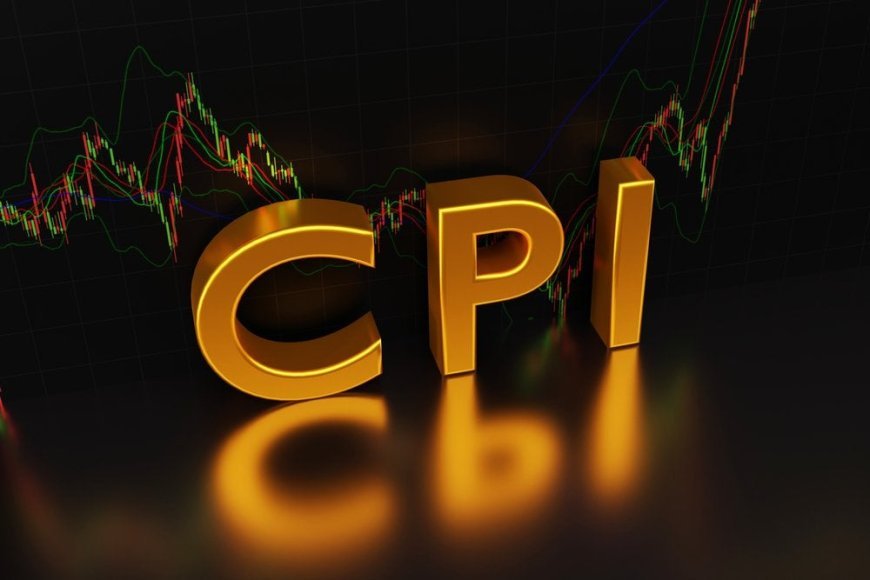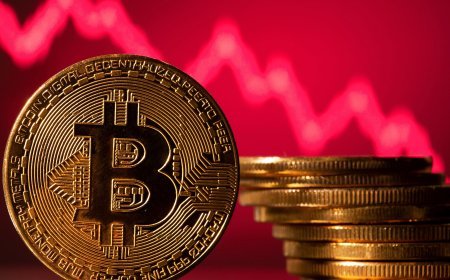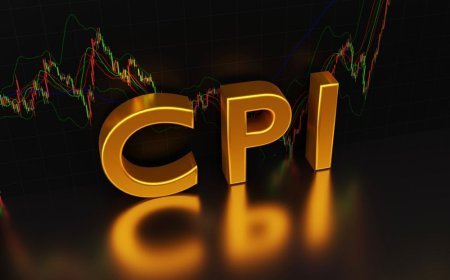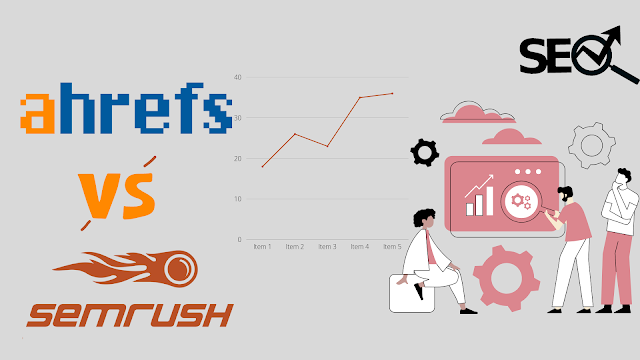Inflation Cools in June, But Fed Still Expected to Raise Rates
Inflation cooled in June, but the Fed is still expected to raise interest rates. Core inflation is also coming down, but it remains above the Fed's target of 2%. What does this mean for consumers, the economy, and the stock market?

The Consumer Price Index (CPI) rose 3% in June from a year earlier, down from 4% in May. On a monthly basis, prices rose 0.2% following a 0.1% increase in May.
Core inflation, which excludes volatile food and energy items, rose by 0.2% after a three-month spurt of slightly stronger gains. That pushed down the annual increase from 5.3% to 4.8, the lowest since October 2021.
While the inflation numbers are still elevated, they are coming down. This is likely due to a number of factors, including the easing of supply chain disruptions and the decline in energy prices.
However, the Federal Reserve is still expected to raise interest rates at its next meeting in July. The Fed is trying to cool inflation without causing a recession.
Here are some key takeaways from the CPI report:
- Inflation is still elevated, but it is coming down.
- Core inflation is also coming down, but it remains above the Fed's target of 2%.
- The Fed is still expected to raise interest rates in July.
What does this mean for consumers?
The good news is that inflation is coming down. This means that prices may start to stabilize in the coming months. However, it is still too early to say for sure.
In the meantime, consumers should continue to be mindful of their spending and make sure they are getting the best deals possible. They should also be prepared for the possibility that prices may continue to rise in some areas.
What does this mean for the economy?
The Fed is trying to cool inflation without causing a recession. This is a delicate balancing act. If the Fed raises interest rates too much, it could cause a recession. However, if the Fed does not raise interest rates enough, inflation could spiral out of control.
The next few months will be critical for the economy. The Fed will need to carefully monitor inflation and the economy to determine the best course of action.
What are the implications for the stock market?
The stock market has been volatile in recent months as investors have tried to assess the impact of inflation on the economy. The CPI report is likely to add to the volatility in the stock market.
If inflation continues to come down, it could be a positive for the stock market. However, if inflation continues to rise, it could be a negative for the stock market.
The next few months will be critical for the stock market. Investors will need to carefully monitor inflation and the economy to determine the best course of action.
You must know:
- The Consumer Price Index (CPI) is a measure of the average change in prices paid by urban consumers for a basket of consumer goods and services.
- Core inflation is a measure of inflation that excludes food and energy prices, which are more volatile.
- The Federal Reserve is the central bank of the United States.
- The Fed's target inflation rate is 2%.


































